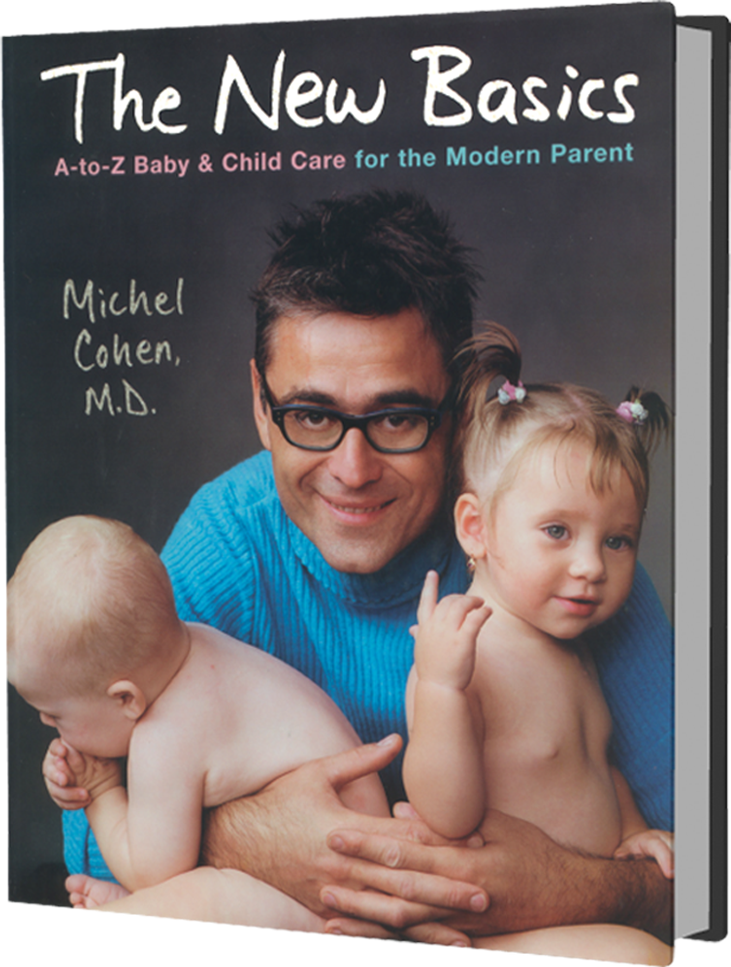
Cosleeping
Addendum: Since The New Basics was first published, our understanding of safe sleep has improved. Tribeca Pediatrics is in agreement with the American Academy of Pediatrics in recommending against co-sleeping,, or bed sharing, with children under 12 months. We recognize that many parents may still choose to bed share with their infants, and we urge them to consider the following practices that further increase the risk of sleep related death:
1. Bed sharing with an adult who has taken sedating medications or substances, including alcohol
2. Bed sharing with an adult who smokes, even if they do not smoke in the home
3. Co-sleeping on a sofa, couch, or armchair
4. Bed sharing with an infant under 4 months, the period where the risk of sleep related death is highest
5. Bed sharing with anyone other than the infant’s parent, including siblings and non-parental caregivers
6. Sleeping with soft accessories, such as pillows and blankets
While cosleeping is never completely safe, families can reduce risk by using a very firm mattress that is low to the ground, avoiding pillows and blankets, and putting the baby to sleep on their back.
“Should we let our new baby sleep in our bed during the first few months of her life? Is it safe? Once we start, how will we know when to stop?” As with so many aspects of parenting, there is no “right” answer to the questions surrounding cosleeping. Whether you do it or not depends on your desire to have Lucy close at night and the practical costs of such an arrangement, not to her but to you. From Lucy’s point of view, there’s no doubt she’ll be happy to join the party if you invite her. If you don’t, however, she won’t take it too personally, and she’ll simply get used to sleeping in her bassinet. Hence, the choice is yours.
Extensive research on cosleeping’s long-term benefits has so far failed to yield conclusive results. Based on my personal observations as a doctor, it doesn’t make a difference. In the long run, the little guys who shared their parents’ beds for the first few years are just as intelligent and emotionally well developed as those who slept in bassinets. Another bit of common sense applies here: What you do when your kids are awake matters much more than what you do when they’re asleep.
One of the big advantages of sharing your bed with Lucy is that you’ll be able to get some rest while nursing. When she’s hungry, all you’ll have to do is roll over on your side and feed her while lying down. That way, you won’t even have to get up to burp her, since she feeds more slowly when you’re both half-awake. The alternative is exhausting: You wake up, retrieve her from the crib, feed her in a rocking chair, rub her back for a few minutes, and then put her back in the crib. Repeat that routine a few times a night, and just watch those circles darken under your eyes.
In terms of safety, sharing a bed is controversial. Some inconclusive research says you run a small risk of smothering Lucy by rolling over onto her. That said, mammals have slept with their progeny since the dawn of evolution. I find it hard to imagine that something as instinctive as sleeping together could frequently lead to tragedy. As a father, I remember being keenly aware of that little presence when our kids slept with us in the early months. My feeling is that cosleeping is perfectly safe, barring such extenuating circumstances as alcohol, drugs, extremely heavy sleep, or anything else that would impair your ability to sense a newborn.
If you can’t decide on one arrangement over the other, consider using a cosleeper, which is a small mattress that fits alongside yours. That way, you can have your cake and eat it too: Lucy will stay close to you for easy access at feedings, and you can roll her back onto her own little bed when she’s done.
It’s true that Lucy will attempt to extend her welcome, and regaining your independence may be a bit of a struggle. But don’t let this concern prevent you from enjoying the experience of cosleeping for however long you choose to do so [See: Sleep].
When should we stop?
As soon as you feel the need for independence. It really varies from one family to another. In my practice, I see several five- and six-year-olds who still sleep in their parents’ beds. The kids are fine, although I’m not sure how happy the parents are [See: Family Bed].
Will our baby become a bad sleeper?
Having Lucy close to you could create a routine wherein you soothe her each time she wakes up, usually by breast feeding. To avoid causing sleeping problems, try not to respond to her every little peep early on. Feed her only when she’s ravenous. She’ll gradually learn to soothe herself back to sleep when she wakes up, even if she’s sleeping right next to you.




 MEDICATION DOSAGE
MEDICATION DOSAGE

